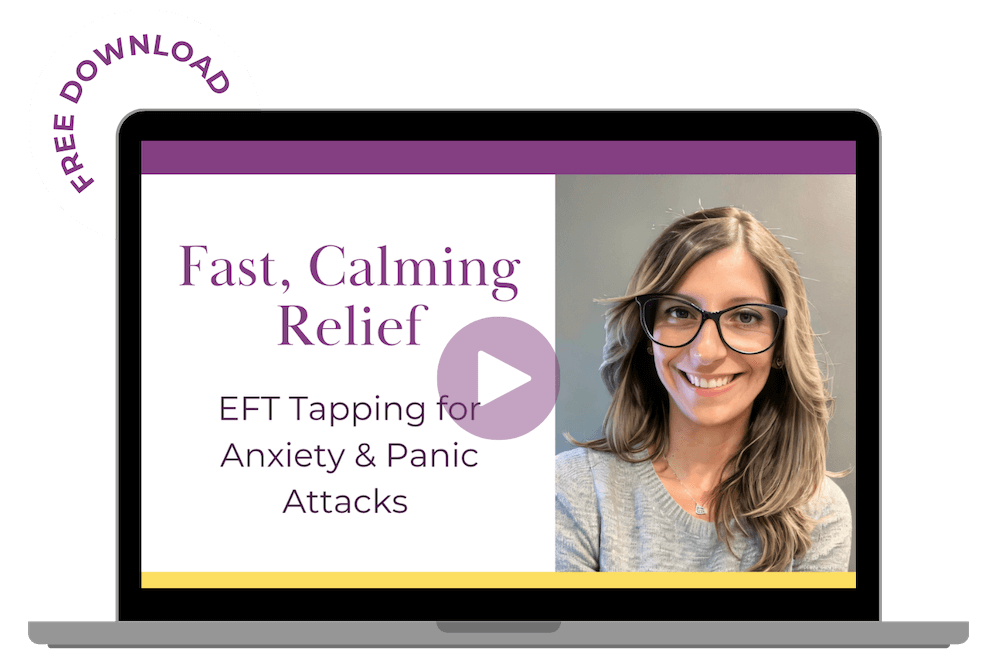Introduction: Sleep and anxiety are closely intertwined, forming a complex relationship that can profoundly impact our mental and emotional well-being. While sleep is essential for recharging our bodies and minds, chronic sleep deprivation can exacerbate feelings of anxiety and stress, creating a vicious cycle that can be challenging to break. In this blog, we’ll delve into the connection between lack of sleep and anxiety, and explore strategies for finding relief and restoring balance to both aspects of our lives.
- Understanding the Link Between Lack of Sleep and Anxiety:
- Sleep deprivation can disrupt the delicate balance of neurotransmitters in the brain, leading to increased levels of stress hormones such as cortisol and adrenaline.
- Chronic sleep deprivation can impair cognitive function, emotional regulation, and decision-making abilities, making it more difficult to cope with stress and anxiety.
- Lack of sleep can exacerbate existing anxiety symptoms, leading to heightened emotional reactivity, irritability, and difficulty managing stressors.
- Effects of Sleep Deprivation on Anxiety:
- Heightened Emotional Reactivity: Sleep deprivation can amplify emotional responses to stressors, making individuals more susceptible to feelings of anxiety, irritability, and overwhelm.
- Cognitive Impairments: Sleep deprivation can impair cognitive function, including attention, memory, and problem-solving skills, exacerbating feelings of anxiety and making it harder to cope with daily challenges.
- Physical Symptoms: Chronic sleep deprivation can manifest in physical symptoms such as headaches, muscle tension, and gastrointestinal distress, further contributing to feelings of anxiety and discomfort.
- Breaking the Cycle: Strategies for Managing Lack of Sleep and Anxiety:
- Prioritize Sleep Hygiene: Establish a consistent sleep schedule, create a relaxing bedtime routine, and optimize your sleep environment to promote restful sleep.
- Practice Stress Management Techniques: Incorporate stress-reduction techniques such as mindfulness meditation, deep breathing exercises, or progressive muscle relaxation into your daily routine to help calm the mind and body.
- Limit Stimulants and Screen Time: Minimize consumption of caffeine and avoid stimulating activities such as watching TV or using electronic devices close to bedtime, as these can interfere with sleep quality.
- Seek Professional Help: If lack of sleep and anxiety persist despite self-help strategies, consider seeking support from a healthcare professional. Cognitive-behavioral therapy (CBT) for insomnia and other evidence-based treatments can help address underlying anxiety and sleep disturbances.
- Establish Healthy Lifestyle Habits: Maintain a balanced diet, engage in regular physical activity, and prioritize self-care practices that promote overall well-being and resilience.
Conclusion: Lack of sleep and anxiety form a challenging cycle that can significantly impact our mental and emotional health. By understanding the connection between sleep deprivation and anxiety and implementing strategies to address both, individuals can break free from the cycle and cultivate a greater sense of balance, resilience, and well-being. Remember, prioritizing self-care and seeking support when needed are essential steps towards reclaiming restful sleep and finding relief from anxiety.







